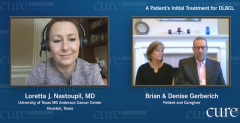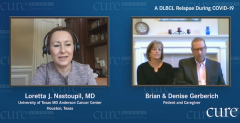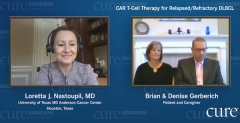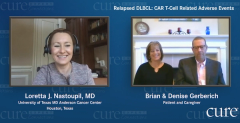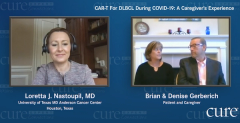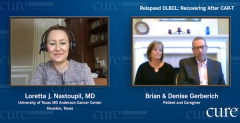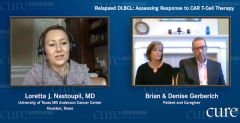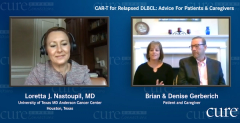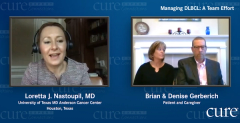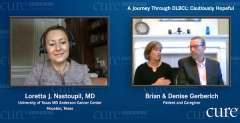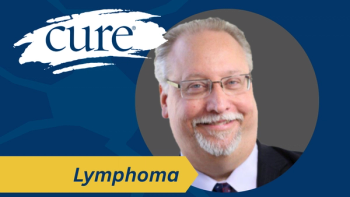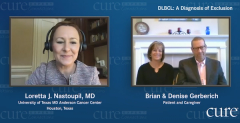
Relapsed DLBCL: CAR-T Cell Related Side Effects
Episodes in this series

Loretta J. Nastoupil, MD: You bring up some really good points, and one of the most important aspects of how we counsel patients about the potential adverse effects of CAR-T [chimeric antigen receptor-T cell therapy] is the unpredictability of those adverse effects, and also the severity can vary dramatically from one person to the next.
But what I generally tell people is that we’re going to infuse these cells in you after we give you three days of chemotherapy. You’re going to have chemotherapy adverse effects in the background, so you’ll have a lot of fatigue. Blood counts are definitely going to drop, because that’s the point of that chemotherapy. It’s to clear out space so that your T cells that are out circulating are not going to want to remove or compete with those newly modified T cells we infuse in, and so a drop-in blood counts is what we’re hoping for. That puts you at risk for infection.
You can also have nausea, sometimes diarrhea or constipation as a result of that chemotherapy. Then we throw this whole new thing at you, where we give you T cells that have been modified, so that once they engage their target, which is on the surface of your lymphoma cells, they’ll be super-activated. They will release cytokines, they’ll bring in reinforcements, whether it’s other CARs or other normal immune cells that haven’t been modified.
You have this storm of the immune system trying to get rid of lymphoma cells. Oftentimes that will be followed by fever first, fatigue, muscle aches, flu-like symptoms. But the neurotoxicity is harder to predict.
You received axi-cel [axicabtagene ciloleucel], which was the first FDA [Food and Drug Administration]-approved product for adults with large cell lymphoma, and the construct lends itself very well to rapid and successful manufacturing, but also higher rates of acute toxicity, both cytokine release syndrome and neurotoxicity.
I think the neurotoxicity is what really sets it aside. We see as many as two-thirds of patients have some form of neurotoxicity, which we describe just like you recall, Denise. It could be some mild confusion, mild disorientation, slight trouble following simple commands or doing simple math and recall, to the extreme where patients don’t know who they are, they don’t know where they are, or what’s happening to them. They don’t know loved ones that they’ve known for a long time, to even sometimes being completely unresponsive both to verbal stimuli or even sometimes painful stimuli. Then worst-case scenario, we worry about seizure activity or even swelling of the brain that can be fatal.
Fortunately, for the vast majority of patients who have the toxicity, it resolves on its own, sometimes with the use of corticosteroids or tocilizumab, which is an antibody that binds up those cytokines that are driving some of this toxicity. The vast majority of patients will fully recover.
That’s good news for patients. Where we do a disservice is because we know the patient is going to recover and we know that the treatment is worthwhile, we may not counsel patients well enough for this rollercoaster ride. Brian, do you remember any of that?
Brian Gerberich: There are several days that I don’t remember. I couldn’t remember my boys’ names and ages. I remember being asked things and I couldn’t respond. It was a weird experience. But again, we did get through it; I wouldn’t want to do it any time soon again. You made it very clear that that was a potential, and sure enough. But we were in a great hospital. We were very well taken care of, so we got through it.
Denise Gerberich: I think we appreciated, too, the sense of urgency. I knew Brian was in good hands because everybody was so caring and took such great care of him. Even going through these challenging and difficult times that everyone had explained to me, I kept saying, “Are you sure this is normal?” because it definitely wasn’t normal to me. But being told that, “Yes, it’s going to be OK,” and being reassured that he would get through it and that it just would take a little bit of time. It was very helpful to me to have that reassurance.
Transcript Edited for Clarity

